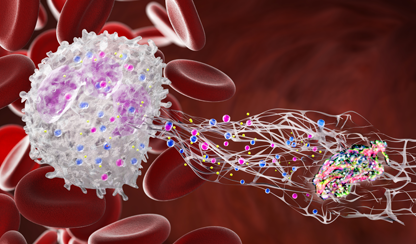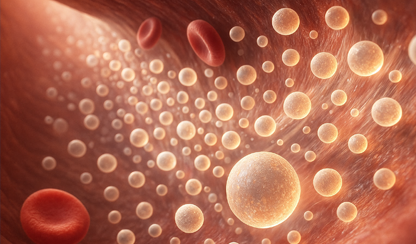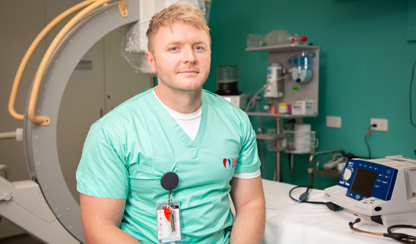17 April 2020
Media release
'Time is muscle': under treatment of heart disease may lead to increased deaths if people don’t seek urgent medical attention
Indicative data from several Australians hospitals showing a large drop in attendance for heart attacks and related symptoms signals the coronavirus pandemic could undo decades of work driving down death rates from heart disease, according to the Baker Heart and Diabetes Institute.
The reduction in hospital attendance for serious heart conditions mirrors reports in the US and the UK. Heart specialists globally are concerned one of the legacies of COVID-19 may be an increase in lives lost due to under-treatment of heart disease, as people falsely believe it’s safer to stay home.
Baker Institute Director, Professor Tom Marwick said heart muscle may not be saved as a consequence of people not attending hospital when they are suffering from acute coronary conditions. “It also means medical therapy and cardiac rehabilitation will not be delivered, which could ultimately increase death rates from heart disease,” Professor Marwick said.
Dr Nick Cox is the Director of Cardiology at Sunshine Hospital in Melbourne’s West, where Dr Marwick also works. His experience has been that cardiology patients have decreased by almost half compared to the average numbers in mid-February. The number of serious heart attack cases requiring urgent stent procedures has also dropped from about one per day to one every two to three days.
In Brisbane, Professor Marwick’s colleague at the Prince Alfred Hospital, Dr Sudhir Wahi describes a 30 to 40 per cent reduction of acute presentations for heart conditions. While in Tasmania, his collaborator, Dr Andrew Black at the Royal Hobart Hospital, reports similar decreases, as well as patients presenting late to hospital, and consequently much sicker than they might otherwise have been.
Professor Marwick said modern cardiology’s motto — ‘time is muscle’ — articulated how important it was for people with symptoms of heart disease to seek help as quickly as possible.
“When people develop chest pain because of a blocked coronary artery, heart muscle is deprived of blood flow, and therefore oxygen and nutrients,” he said.
“Heart muscle starts to die within minutes and the cells don't regenerate, so the loss of cells is an irreversible process. If enough heart muscle is lost, heart failure will ensue.
“Restoring blood flow by unblocking the artery as rapidly as possible through prompt medical treatment can prevent heart muscle loss and subsequent heart failure.”
Professor Marwick said that over the past few decades sophisticated processes had been developed to allow such a rapid response.
“People with heart disease, and the wider community, have been taught to respond rapidly to the development of chest pain, and call an ambulance,” he said.
“This streamlined process of getting rapidly to hospital, undergoing interventions and taking a variety of medications to protect the heart muscle, has led to a reduction in deaths from heart attacks from more than 15 per cent 30 years ago, to less than 5 per cent now.”
But Professor Tom Marwick fears one of the consequences of COVID-19 may be rising death rates if acutely unwell heart patients are not seeking medical attention when they need it.
“While it is possible that something may have happened to stop coronary plaque from rupturing or clots forming in the arteries, such as the reduction of physical activity during the shutdown causing fewer heart attacks, these explanations are unlikely,” he said.
“A much more plausible explanation is that patients developing cardiac symptoms are reluctant to come to hospital. The consequences of this could be enormous.
“Ironically, the numbers of CVD deaths from under treatment may far exceed the number of patients dying from COVID-19.
“The message to the community is that if you develop chest pain, you should seek urgent medical help. If you have a medical appointment that your specialist thinks you should attend, you should do that.”
For further information or to organise interviews please contact:
Tracey Ellis
T: 03 8532 1514
M: 0433 781 972
E: tracey.ellis@baker.edu.au





